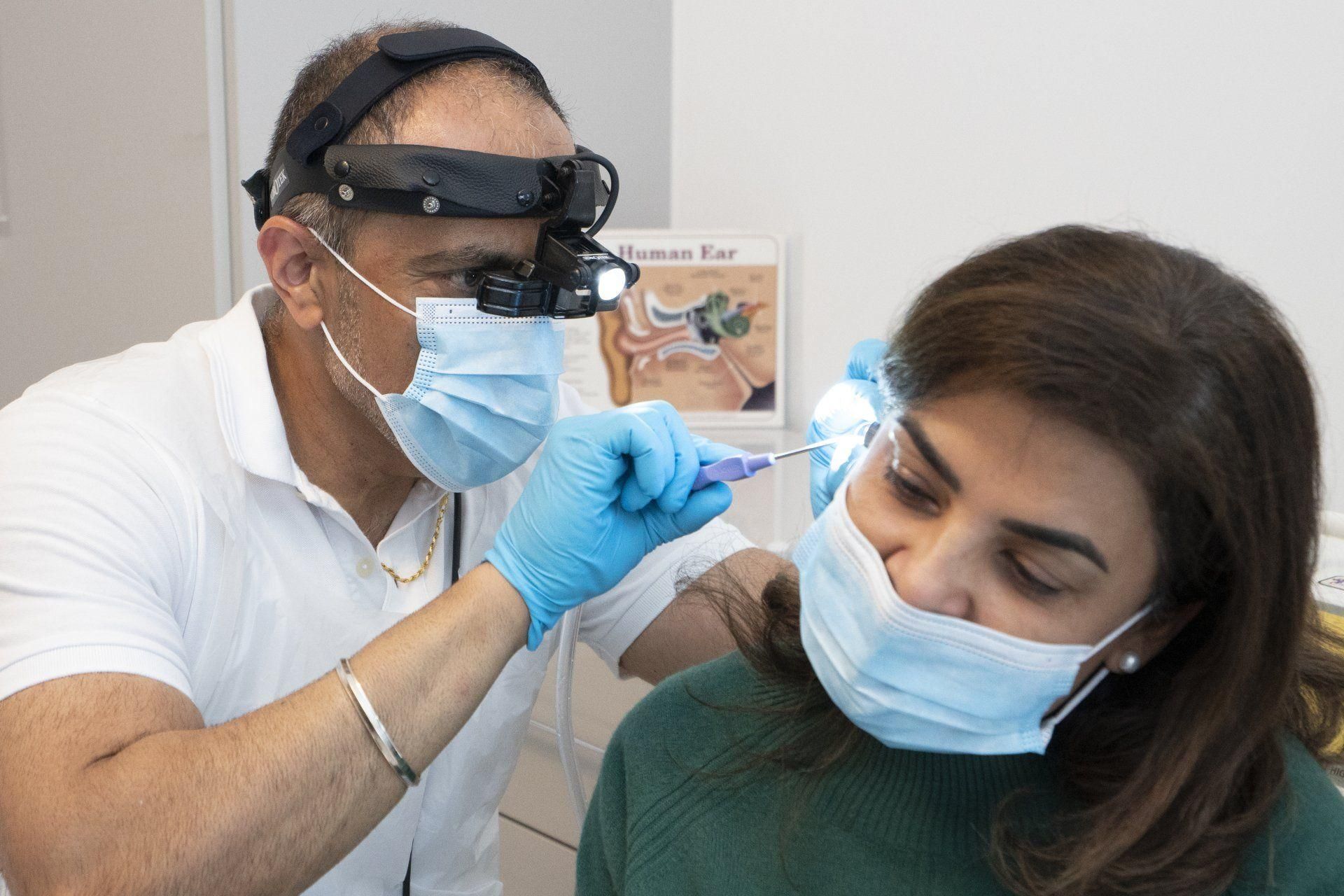Combatting Hearing Fatigue: Tips for Easing Auditory Strain
Hearing fatigue is a never-ending fight against buzzing, clattering, and mumbling. You're constantly at war with sound to deflect against the noise and hunt down the conversations that matter. The struggle can leave you feeling drained with no emotional battery left. Here are a few ways to dial down the volume and help you regain the peace and clarity you deserve.
Adjust Your Exposure to Sound
Loud environments can put more strain on your auditory system. But even when the high volume of sounds drives you mad, you might not always be able to leave the space. Here are some things you can try.
The Solution:
Try to put as much distance as you can between yourself and the sound’s source. In fact, a 2014 study from the National Library of Medicine found that 76% of children tested in the UK showed signs of hearing loss when consistently exposed to sounds over 98db. That’s about the same level as a train or a Refuse collection truck. So if you’re going to a concert, get tickets far away from the speakers. And definitely keep your distance from loud machinery.
But it’s not always the extra loud noises that can wear us out. Sometimes, the little sounds can be irritating, too. Simple swaps like using a digital clock instead of one that ticks can help cut down on the noise pollution around you.
Try Sound Therapy
Different conditions associated with hearing, like hyperacusis and tinnitus, can make individuals more prone to noise sensitivity—especially for everyday noises. While some sounds are just part of life, there are ways to learn to manage your tolerance to them.
The Solution:
Sound therapy can be used to reduce auditory gain and increase tolerance to sound. In a 2021 study, about 86% of patients studied found significant relief for their tinnitus through sound therapy. An occupational therapist can provide advice on an auditory desensitisation program, which involves gradually increasing exposure and tolerance to auditory stimuli.
Manage Your Own Health
If you struggle with high-stress levels and high blood pressure, it can negatively affect your hearing. In fact, a 2022 study from South Africa has shown that adults with hypertension are 23.3% more likely to experience hearing loss. Thankfully, there are ways you can take control of your health.
The Solution:
Managing blood pressure and cardiac health can help prevent hearing loss and reduce auditory strain. Exercise improves blood flow and has been shown to help manage symptoms of stress and anxiety.
Additionally, practicing mental exercises can improve the brain's ability to process and identify sounds. So, after a daily walk, try brain games like Sudoku or crosswords to keep your mind sharp.
Hearing fatigue isn’t something you should have to deal with. There are ways to ease that auditory strain. Talk to your audiologist today for more tips and advice.
We care for your hearing – Get in touch today



